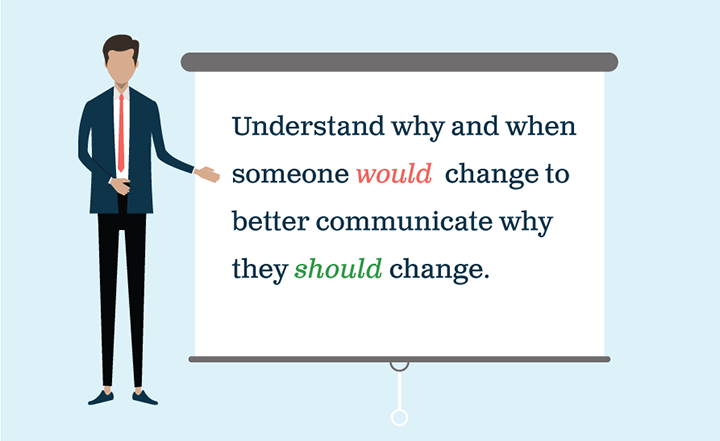
Work can push all our stress buttons: the need to achieve, fear of failing, reliance on others for our own success, overload, self-doubt and more. Ironically, how we respond to these stressors has a direct impact on our success and failure. When we react reflexively, the impact of our actions is often worse than the initial stress trigger. And while too much stress isn’t good, the sensation of stress is an important business signal — it can help us identify what needs our attention.
To extract the value of stress but experience and convey less of it:
- Identify your specific stressors to better manage them: Take an inventory of what triggers and amplifies your stress to develop higher awareness.
- Understand your stress response cycle and how it affects your job: Learn how the physical stress sensation escalates to reactive thinking, impulsive behaviors and unintended consequences that undermine your effectiveness.
- Shift your focus from stress to progress more quickly: Transition from immediate reaction to observing the physical sensations, distilling the business value contained in the stress trigger and taking more thoughtful, fact-based actions.
- Cultivate the conditions for enjoyment and satisfaction: Identify the work circumstances that you enjoy and proactively create these situations.
- Make systemic changes to reduce work stress triggers: Institutionalize work agreements and arrangements that reduce stress triggers and address the underlying business issues.
Practice these stress management tips to help reduce the sensation of stress and increase your satisfaction — just in time for the busy season!
This toolkit can help you put these stress management tips into practice:
For really tough inter-personal dynamics and highly toxic situations, I recommend Diane Hamilton’s book Everything Is Workable: A Zen Approach to Conflict Resolution is an excellent resource.









